The history of the smile
The smile is unique to humans
Chimpanzees, our ancestors, can make funny faces, but they don't smile.
No other animal has developed this feature.
We've gotten used to seeing smiling animals in cartoons, tv ads, computer animations, ... but that's all fiction.
Smiling is not something that you learn; you've reacted to pleasant activities by displaying a smile from day one.
But, where does this expression come from?
What is its meaning?
Facial expressions section
The origins of the smile
In the wild, showing your teeth indicates that you're ready for a fight, and that you're not intimidated by the other.

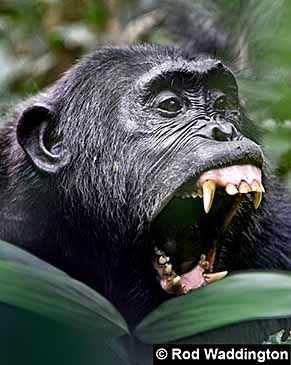
Around 30 millions years ago, in the primate family, it became a custom to show one's teeth, but in a clenched position.
Two reasons have been put forward:
● Since primates are peaceful animals, presenting a non-aggressive, calm and harmless face to others kept them away from confrontational situations.
● Clenched teeth were also used as a sign of submission by individuals of a lesser rank when they met dominant members of the group.

The expression has taken on a different meaning for each species, but for some, like Barbary macaques, it has come to express well-being and happiness.
Chimpanzees, our ancestors, are knuckle-walkers.
The mothers carry their young on their backs, while they're foraging for food and going from place to place, until the infant is able to walk independently.
In fact, the closeness between the mother and the child is so great that their skins are in contact most of the time, for the first few years.
Around 7 millions years ago, the first bipedal humans appeared within the chimpanzee family.
The early human mothers were facing new challenges.
With their upright posture, human mothers now had to carry their infants in their arms.
But, when they were gathering edibles, they had to put their baby on the ground.
It is thought that the babies reacted by developing a repressed cry; a smile, attempting with their face to seduce their mother, and stop her from leaving them.
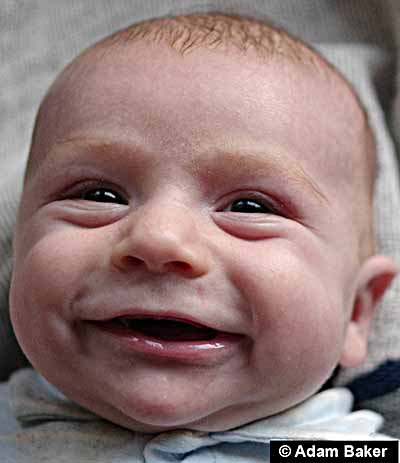
Now, the smile has been part of human culture for millions of years.
A direct link has developed between your brain and your facial muscles that makes you express your happiness by smiling.
It reflects your well-being and receptiveness.
However, who do we see smiling the most?
Children!
The lives of contemporary humans are so boring that they gradually stop smiling as they age.
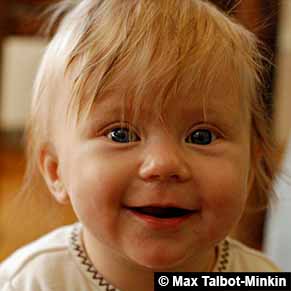









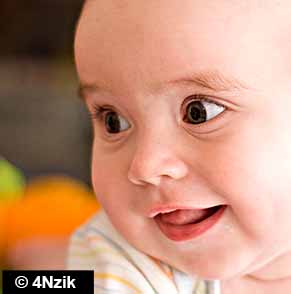

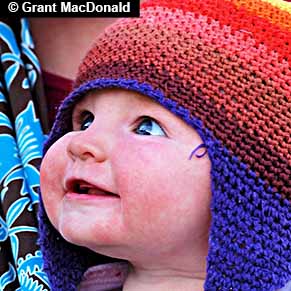

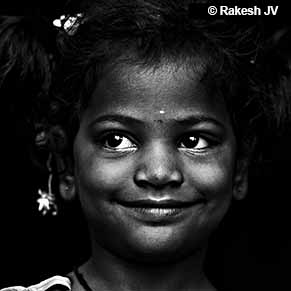

If you're not smiling, what's wrong with you?
A smile represents happiness, well-being, good humor, peace, ..., and a willingness to relate with others.
Aren't these the values and feelings you want to experience and express at all times?
Even when you're alone, you're supposed to smile most of the time.
Taken by a smiling macaque

Some will argue that their life isn't easy, and that their situation and obligations make their days a drudgery.
If that's the case; change your life.
On the other hand, you could simply change your attitude towards it.
Putting a smile on your face will have a refreshing and rejuvenating effect on the way you see things.
By not smiling in society, you are depriving yourself of the best tool you have to relate with others.
Become a member of humanity; smile!